Resisting alcohol is probably one of the toughest journeys to be on, but it is doable. As long as you know the right way to deal with your unhealthy relationship with alcohol, you are in a good position. Let’s explore the secret to resisting alcohol, and how to improve your relationship with alcohol.
KEY POINTS
- Sobriety often fails when driven by logical “shoulds” instead of emotional “wants.”
- Unlocking your emotional “why” can lead to lasting sobriety.
- Intrinsic motivation trumps external pressures for sustaining change.
When I ask new clients why they want to cut down on drinking, more often than not, I get some version of “I should drink less.” They go on to tell me how alcohol is bad for their health, how stopping drinking will improve their marriage, or how “it’s bad to drink too much.”
Although all of those are valid reasons to reconsider your relationship with alcohol, most of these reasons are about why one should drink less. But here’s the kicker: The “shoulds” often ignore the heart of the matter—our emotional reasons for drinking.
The difference between “should” and “want” may seem subtle, but they are crucial. To put it simply, when an action is imposed by an extrinsic force, we would say “I should,” while when a choice is driven by intrinsic desire, we would say “I want.”
Related: The Benefits Of Quitting Alcohol For Good: 7 Ways Your Life Changes For The Better
The Rational vs. Emotional Reason Behind Alcohol Consumption
The issue with “should” is that it rarely addresses the emotional core of why we do what we do.
Sure, our rational brain sees the benefits of drinking less. The connection between drinking excessively and worsened health, a strained marriage, or a sense of shame or guilt may seem clear. However, our emotional brain often cares about something entirely different.
When it comes to drinking, our emotional brain sees the promised relaxation, the tippy good feelings, and the instant relief from the nagging craving. In front of these powerful and immediate emotional desires, the rational “I should” often feels like hollow echoes.
If ‘shoulds’ don’t cut it, what drives us to make lasting changes? Understanding the psychology can help.
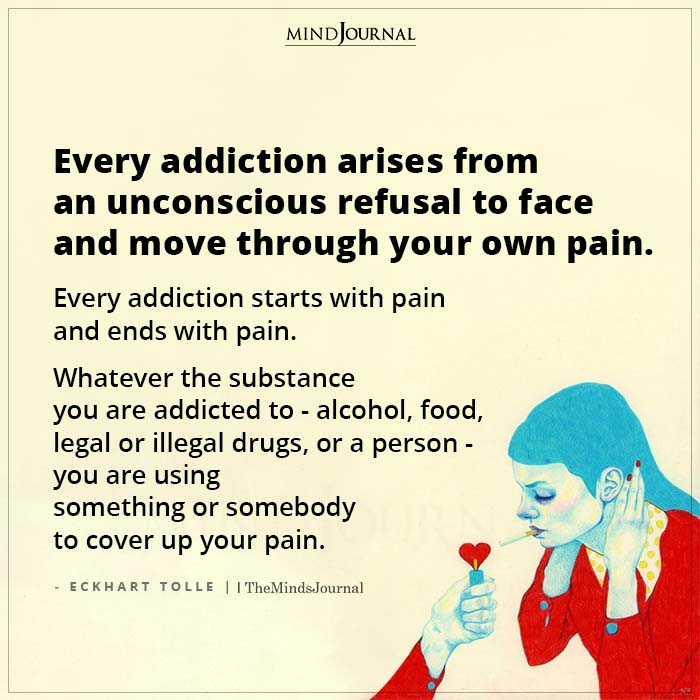
The Psychological Engines Behind Resisting Alcohol And Sobriety: Unlock Your “Why”
We’re not just logical beings; we are emotional creatures. When it comes to cutting back on drinking, tapping into the psychological needs behind your choices can be a game-changer.
According to self-determination theory, human beings are motivated by two types of motivation: extrinsic motivation and intrinsic motivation.
Extrinsic motivation refers to motivations such as reward or punishment or internal pressure, while intrinsic motivation refers to internal desire, such as values, interests, or enjoyment.
When we are driven by extrinsic motivation, we engage in behavior not because we find it appealing, but because we feel obligated. On the other hand, when we are driven by intrinsic motivation, the behavior itself feels like its own reward.
Most of the time, extrinsic motivations are what drives a person to look at their relationship with alcohol at first. However, over time, if extrinsic motivation remains as the primary drive, the person would find themselves stuck in a torn feeling between what they want to do and what they should do.
The Transformative Power of Your Unique Emotional “Why” in Sobriety
Uncovering your emotional “why” is the pathway to tap into your intrinsic motivators. By connecting drinking less with your values, long-term goals, and personal identity, you start to engage not only your logical mind but also your emotional self. This shift can create a balanced push that keeps you on track even when challenges arise.
Related: The 4 Pillars Of Sobriety: Navigating The Stages Of Quitting Alcohol
Pursuing limited alcohol consumption, like any other major life pursuit, is not about external judgment or societal norms; it’s about aligning your actions with your emotional core.
Starting today, I invite you to dig into your unique emotional “why” so that you can tap into the transformative power of your intrinsic motivation.
References:
See these tools inside the Sober Curiosity 30-Day toolkit.
Ready to drink less without living less, visit my website and grab your free 7-Day Sober Curiosity Toolkit. Check out Jeanette Hu’s blog for more such informative articles.
Written By Jeanette Hu
Originally Appeared On Psychology Today


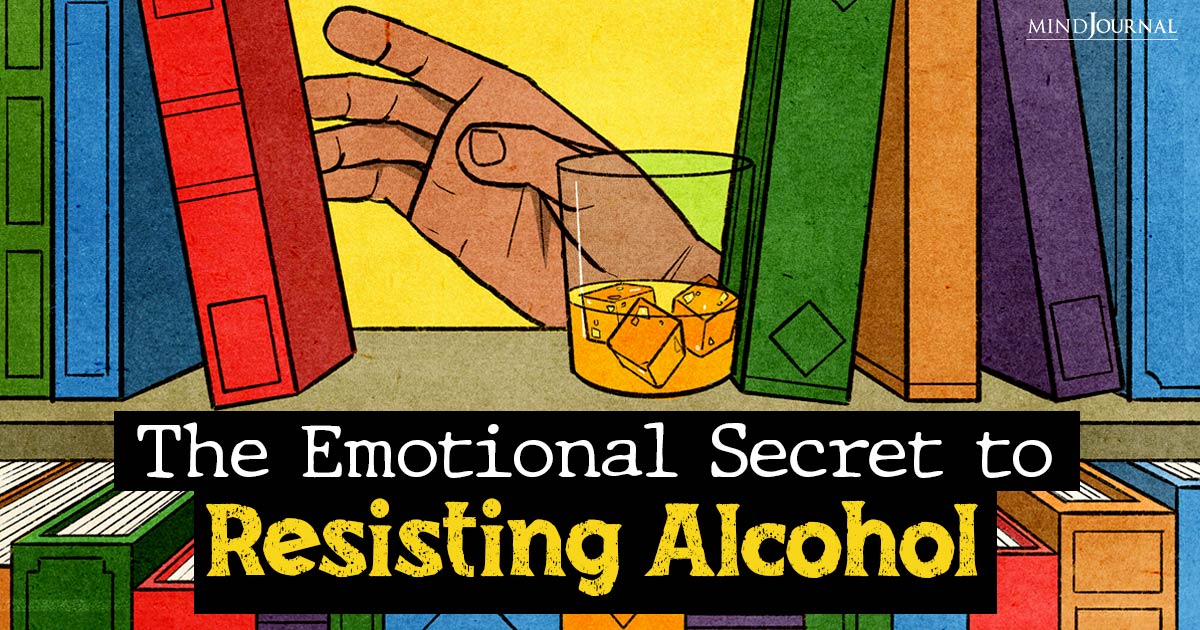
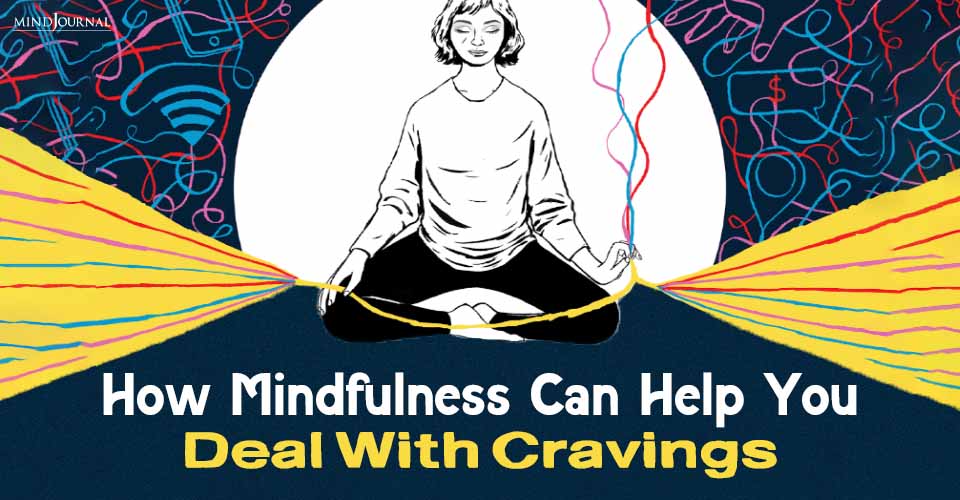
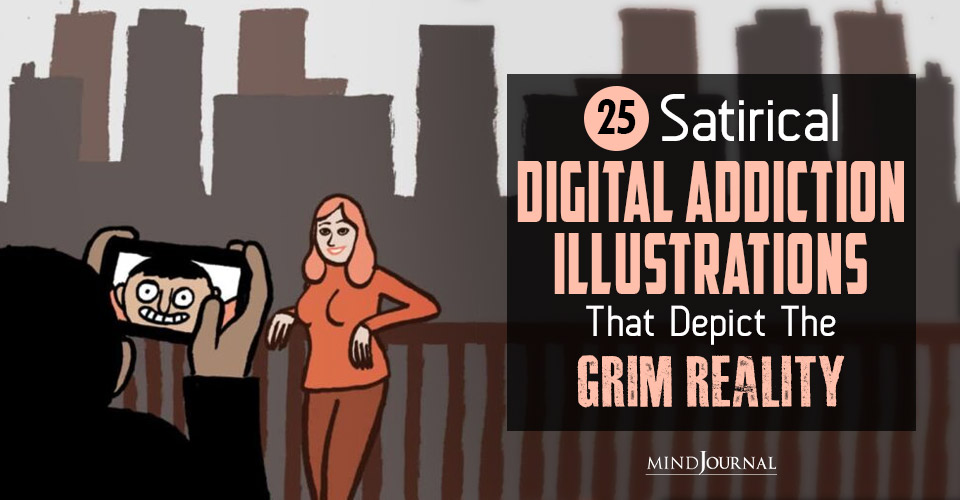
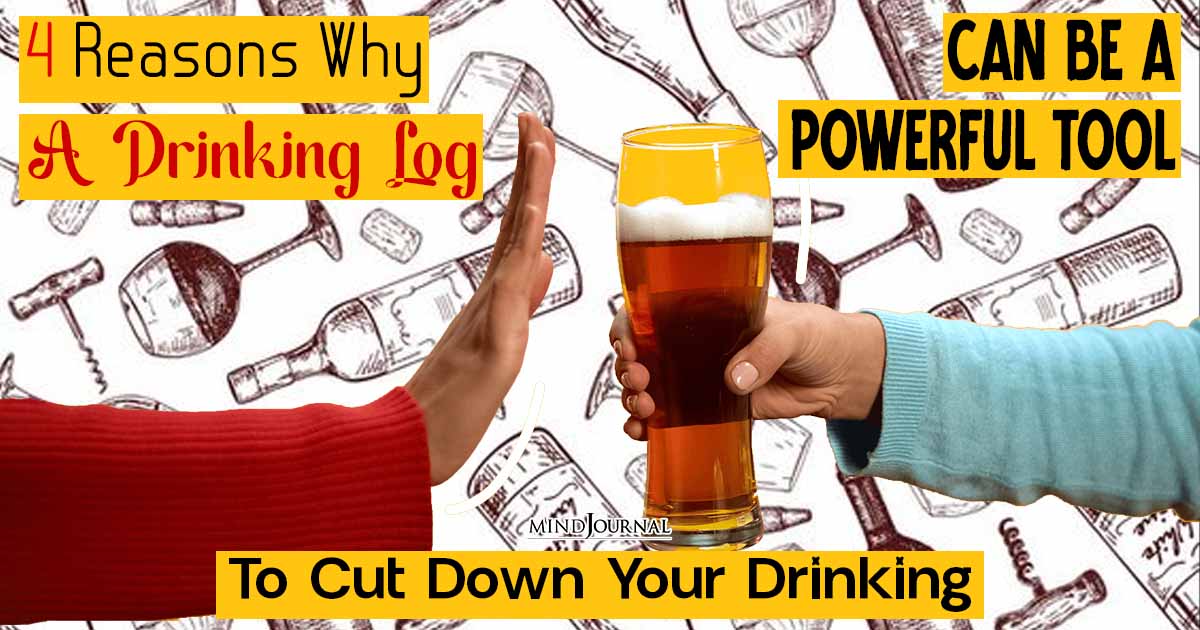
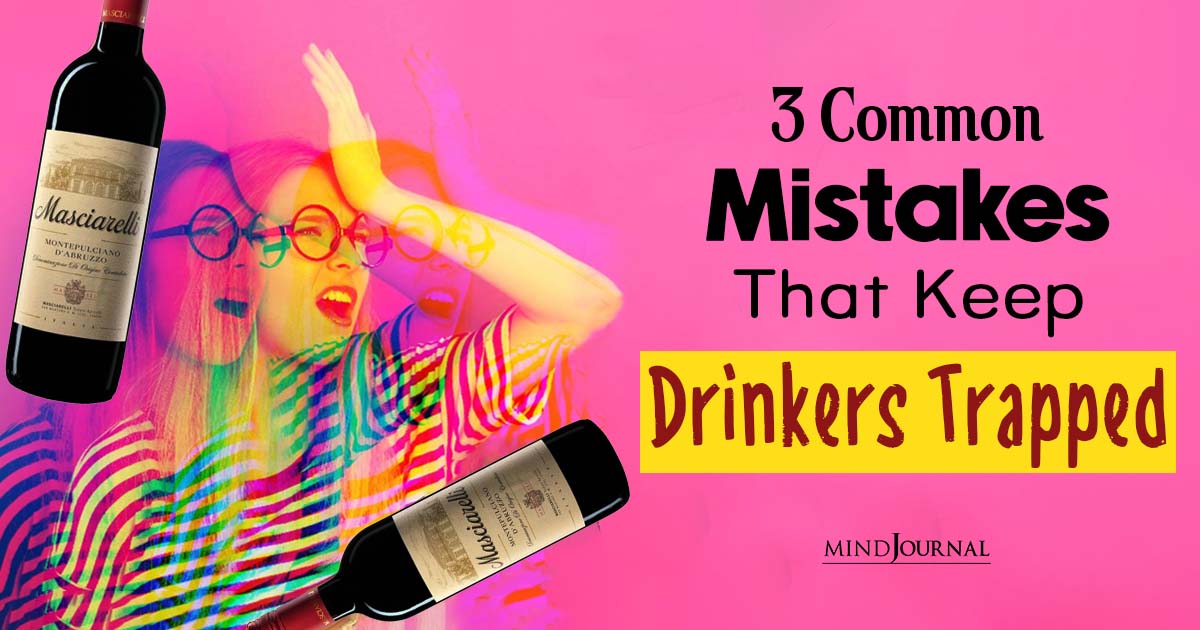
Leave a Reply